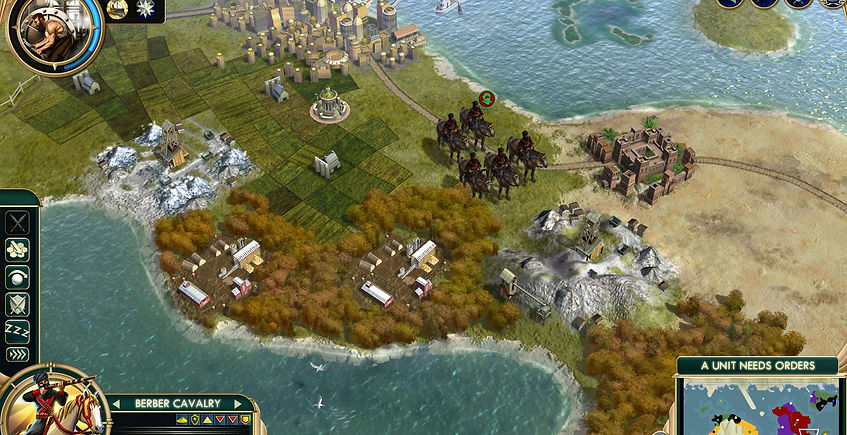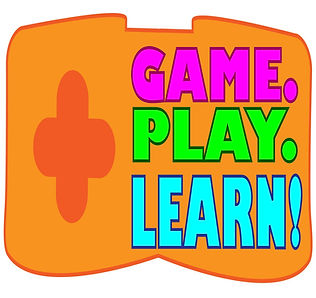Civilization V

Civilization is probably one of the greatest and most popular game series for learning ever made (along with SimCity and Minecraft). I played close to 50 hours of Civilization V and found it a terrific experience. In Civilization, you play the leader of an actual nation at the dawn of humanity and must guide the growth of your country by building cities, monuments, farms and mines, defending yourself against aggressors, managing a budget, and engaging in diplomacy with other countries. As you progress, you discover new technologies (metallurgy, banking, computers, etc.) that allow you to build more advanced buildings and units (knights, stock exchanges, the internet, etc.), which give your country more wealth, food or happiness. There are a number of ways to win the game: military victory, technological victory, diplomatic victory, social victory, etc. Winning isn't really emphasized by the game, though. It’s all about the gameplay.
Civilization V really gives you (thru the gameplay) a sense of the trade-offs in running a nation: economic trade-offs, political trade-offs, social trade-offs, etc. You also get a sense of how certain incentives can lead political leaders to act a certain way or make certain choices. You get a sense of how geography or luck can affect the fate of nations. Even if you don’t agree with some parts of the game’s model, it’s a great opportunity to reflect and debate it. For example, when you unlock the Liberty ideology, you are allowed to build the Pyramids. It’s worth examining why and how the construction of the Pyramids relates to liberty.
Civilization V and its expanded version (which added religion and more elaborate game mechanics regarding diplomacy) have a large modding community and include pre-built scenarios of historical events (the American Civil War, Fall of Rome, etc.).
Teacher Jeremiah McCall has a great book and many articles on using history games in classrooms. He wrote this article on using Civilization IV to learn about agrarian societies (and I think it applies to Civilization V). He also wrote the article Simulation Games and the Study of the Past: Classroom Guidelines.
